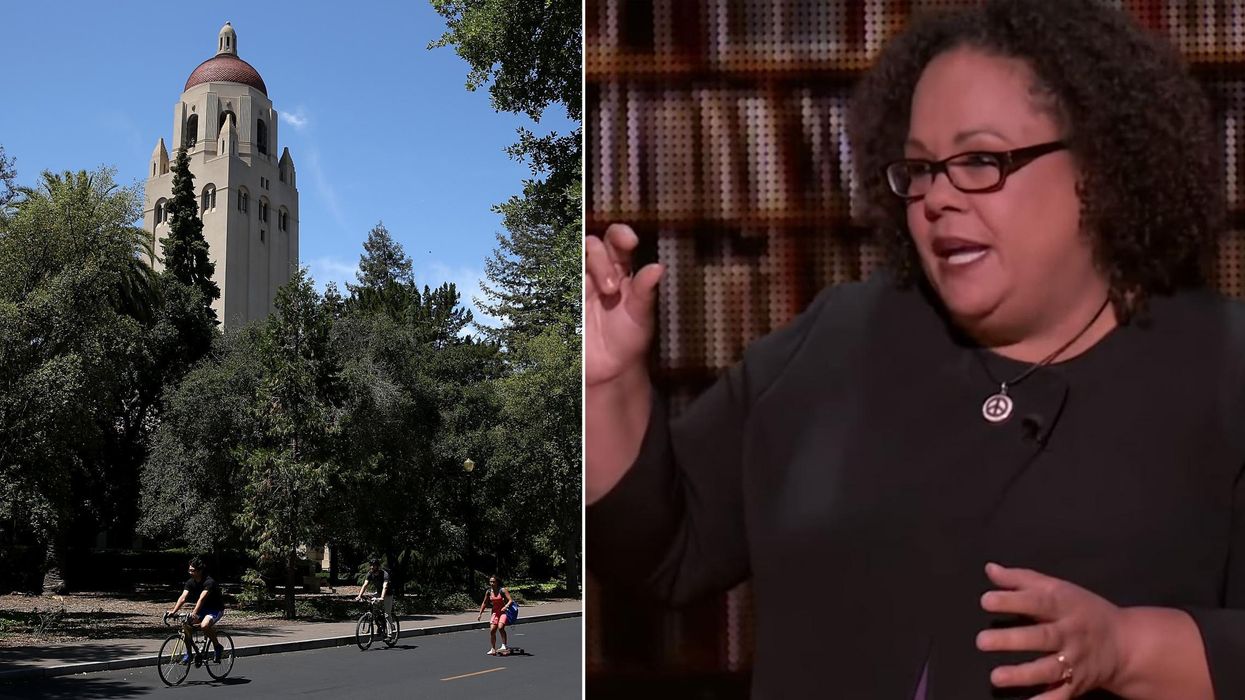
Stanford University topped the Wall Street Journal/Times Higher Education College Ranking in September, listed as the best university in the United States.
The listing focuses on student engagement, learning environments and student outcomes,
Julie Lythcott-Haims is the former Dean of Freshmen (head of first year students) at Stanford.
Last year, she gave a TED talk on a style of parenting she believes is beginning to ruin a generation of children - one which is too overprotective and too focused on traditional parameters of success:
We spend a lot of our time being very concerned with parents who aren't involved enough in the lives of their kids and their education or their upbringing, and rightly so. But at the other end of the other end of the spectrum, there's a lot of harm going on there as well.
Where parents feel a kid can't be successful, unless a parent is protecting and preventing at every turn, and hovering over every happening and mircomanaging every moment and steering their kid towards some small subset of colleges and careers.
When we raise kids this way... they end up leading a kind of checklisted childhood.
In summary:
We expect our kids to perform at a level of perfection we were never asked to perform at ourselves.
She says instead that successful parents tend to encourage their children to do housework and chores:
The longest longitudinal study of humans ever conducted is called the Harvard Grant study. It found that professional success in life, which is what we want for our kids, comes from having done chores as a kid - and the earlier you start it the better.
That a mindset that says 'There's some unpleasant work, someone's got to do it, it might as well be me', that's what gets you ahead in the workplace.
She also said that there's another environmental factor that contributes to a child's wellbeing, both in the present and the future.
The most important finding from the Harvard Grant study said that happiness in life comes from love. Not love of work, love of humans. Our spouse, our partner, our friends, our family. So childhood needs to teach our children how to love.
So what's the best way of doing that? By letting them know that approval and love is not earned with a grade, but is unconditional.
Watch the full video, below:













